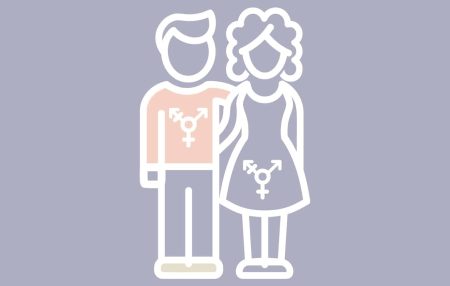31 May 2022
The recent leak of a draft opinion from the US Supreme Court in the case of Dobbs v Jackson Women’s Health has raised many questions about the future of reproductive rights and freedoms in the US. The leaked draft ruling suggests it could overturn a 50-year-old precedent (Roe v Wade) establishing abortion rights in the US. If so, it would restrict the rights and reproductive freedoms of millions of women and raise questions about the future of assisted reproductive technologies (‘ART’) including IVF and surrogacy in some US states.
Overturning Roe v Wade
The US Supreme Court is expected to deliver its legal ruling in Dobbs v Jackson Women’s Health in June 2022. In doing so, it will decide whether to overturn the landmark 1973 case of Roe v. Wade, which gave a nationwide right to abortion in the US. If it decides to overturn Roe v Wade, it is reported by The New York Times that approximately half of all US states will ban or severely restrict access to abortion. It would also raise important questions about the continued legality of ART and access to fertility treatment in some of those states, triggering restrictive US State Laws that extend legal protections to embryos. This would in turn call into question the legality of embryo research, growing embryos in the lab, genetically testing embryos, embryo freezing and disposal of embryos.
Against this backdrop, law and policy makers are currently reviewing US State laws concerning abortion and ART and change is happening at pace. By way of example, just last week Oklahoma lawmakers passed a bill that would ban abortions from the moment of “fertilization.” If it is signed into law, it would be the strictest ban in the USA. This follows news three weeks ago that Oklahoma signed into law a ban on abortions for pregnancies as from six weeks. This latest bill explicitly defines “fertilization” as the moment a sperm meets the egg.
Fertility treatment and surrogacy
However, if Roe v Wade is overturned by the US Supreme Court it is not expected that this would restrict the delivery of fertility treatment and ability to access surrogacy across all US states. For example, California lawmakers are moving quickly to pass legislation that would make California one of the most pro-choice states for women seeking to exercise their reproductive freedom.
Instead, it is more likely that there would be a decline in states which ban abortion and confer legal protections on embryos and an increase in fertility treatment and surrogacy in pro-choice states. In short, fertility patients and surrogates would then need to travel greater distances and be prepared to cross US state lines to access fertility treatment and healthcare. They would also have to deploy an even higher level of due diligence and care in terms of the political landscape and the legalities and logistics associated with their family building arrangements from the outset and throughout their journey to parenthood.
Way forward
The US has for many years been at the forefront of ART and associated research. If this is rowed back it could impact not just reproductive rights and freedoms but also advances in combatting serious genetic diseases and infertility and restrict advances in powerful human gene editing technology which increasingly has the potential to change not just the health and futures of individual children, adults and families but the human condition as well. As such, this upcoming US Supreme Court ruling in Dobbs v Jackson Women’s Health matters not just as a matter of reproductive rights and freedoms but also from a science, economics, health and social care perspective too. It also brings into close focus the need for continued vigilance and expert legal management when building a family using assisted reproductive technology and especially when this involves an international element.




